|
Renowned artist and filmmaker spent a year documenting human toll of a world in flux Update: Human Flow has been shortlisted for the Oscars The use of drone footage has become relatively commonplace in documentary films. But I've never seen drone video quite as eerily powerful as that in Human Flow, the new film from Chinese artist Ai WeiWei. Typical drone shots glide over a landscape -- giving the feel of moving across a distance. In Human Flow, the feel is more like hovering above the Earth, as humans below move in a curiously graceful pattern. The distinction perhaps is subtle, but it's one of the filmmaking choices that mark an artistic sensibility at work. We rely on artists to provide us a perspective we haven't quite imagined before; WeiWei does this in his visually poetic film about the extraordinary tide of refugees adrift on the planet. Kind of amazing we did 100 hours of footage, over 600 interviews in 40 camps, 20-some nations, locations. So it's quite a large [project]. But it's not large enough. In my conversation with WeiWei I ask him why he felt it important to include these aerial shots. "That point of view we can say is God's point of view because it looks down to see human as a kind of species on the surface of the planet," he tells me, as we sit at a banquette in his room at a Beverly Hills hotel. "To change your perspective, to look at things, is so important. It's about all human intelligence, it's about changing a perspective and to illustrate that perspective." Note: Human Flow opened in Los Angeles on Friday (Laemmle Royal Theatre), as well as numerous other cities including Washington DC, San Francisco, Dallas, Austin, Texas and Nashville, Tennessee. It's playing in New York at the Landmark West 57th Street (details here). WeiWei tells me the aerial footage serves a practical purpose as well -- to provide visual transitions between the many points on the compass where he filmed refugees in camps, at sea or fleeing over land. "To create this film you need a language structure which you can move from one location to another and to use a few seconds to give a kind of generalization of what it really looks like," he observes. Human Flow was shot over a year's time in 23 countries including Afghanistan, Iraq, Israel, Turkey, Lebanon, Bangladesh, Mexico, France, Germany, and in the Mediterranean Sea as well, where over a million refugees from the Middle East, Libya and Sub-Saharan Africa have embarked on a perilous journey toward Europe. Our reality is so surreal. Globally, more than 65 million people have been driven from their homes because of famine, climate change or war, the greatest surfeit of refugees since the end of World War II. "Our reality is so surreal," WeiWei says of the scale of human suffering caused by mass displacement. "It's easy to understand... that people have to relocate or escape -- to give up everything to go to another location because they're facing life and death choice. It's the only possibility for them to save their children." Images from Ai WeiWei's Human FlowWeiWei is known for taking on enormous projects, from art installations around the world to conceiving of the design for the Bird's Nest stadium in Beijing. But when I ask him if Human Flow constitutes his largest undertaking to date, he agrees. "I never think that way [but it's] true in terms of very concentrated effort or involvement or organization and the cost and the duration of the production and the geographic measurement," he says. "Yes, kind of amazing we did 100 hours of footage, over 600 interviews in 40 camps, 20-some nations, locations. So it's quite a large one. But it's not large enough. I still feel so many places I cannot go, so many people I want to interview that would never answer us... So you feel deeply sorry for your [inability] to make some kind of mark on this situation." WeiWei grew up in hardship in a remote part of China where his father -- the poet Ai Qing -- had been banished after running afoul of political authorities. That experience of internal exile clearly informed WeiWei's humanistic outlook. "I have a great sympathy with people who have been discriminated [against], like my father -- 10 years forbidden to write his poetry. And his whole life fighting [against] injustice or fighting for his conscience," he tells me. "I think it had some profound impact on me." In one portion of Human Flow, WeiWei speaks with a group of young Palestinian women whom he encountered on a beach in Gaza, part of the Occupied Territories. I observe that his decision to include Palestinians among the refugees depicted in his film may provoke controversy given the intense polarization of debate over the Israeli-Palestinian conflict. "It's a hard choice but it has to be done. It's facts," he responds. "And if we talk about human beings, dislocation or to be mistreated then certainly we cannot avoid it... It's something people don't want to talk about, but it's our issue as artists, as someone trying to give an honest reflection of my personal understanding of what a refugee's definition can be." Considerably more of the 140-minute long film is devoted to the plight of refugees from Syria and other parts of the Middle East who have fled to Europe. Adding to their misery, they have been met with increasing hostility in many countries that have balked at admitting asylum seekers. Hungary's prime minister, for instance, described his nation as "under siege" from a surge of immigrants that he said threatens Europe's Christian identity. In Germany -- where Ai WeiWei now makes his home -- a million refugees have entered, unleashing an increase in anti-immigrant sentiment. The director described Europeans as largely unsympathetic to refugees, characterizing their attitude as "We don't want somebody come to my house. We're having a party here. You made it so difficult." [America has] betrayed its own values. In the U.S., meanwhile, the Trump administration has made multiple attempts to ban immigrants from Syria, Iraq and several other Muslim-majority countries. WeiWei also filmed part of Human Flow at the U.S.-Mexico border, where Trump wants to build his wall. WeiWei criticized the administration's zeal for deporting undocumented immigrants, and the threat to send away upwards of a million so-called "Dreamers" who came to the U.S. as children. "To generate such a notion and idea which violate[s] the very understanding of what America is -- it's betrayed its own values," he says. "To betray its own values in such a vast, dramatic way and in such a short time, it's easy to imagine the situation getting much worse." Implicit in Human Flow is a warning about the dark direction humanity is heading in.
"People should be really concerned," he says, adding for the "dust and dirt" of uncharitable sentiment "to be stirred in this fashion is really, really miserable because it certainly pollutes our total understanding of our environment." The director tells me "some kind of shadow" is being cast over our political values. "If we don't act, if we don't defend those values, not make an argument [for them] then the shadow will be long and everybody will be disadvantaged." |
AuthorMatthew Carey is a documentary filmmaker and journalist. His work has appeared on Deadline.com, CNN, CNN.com, TheWrap.com, NBCNews.com and in Documentary magazine. |
- Home
- News
- Videos
-
Galleries
- 2019 Tribeca Film Festival
- Full Frame Documentary Film Festival
- 2019 SXSW Film Festival
- SXSW 2018 Gallery
- 2019 Sundance Film Festival
- Outfest 2018 Photo Gallery
- Outfest 2017
- Sundance 2018 Photos
- 2017 LA Film Festival
- 2017 Cannes Film Festival
- Tribeca Film Festival 2017
- SXSW 2017 Gallery
- 2017 Berlin Film Festival
- Sundance 2017 Gallery
- 2016 Los Angeles Film Festival
- Cannes Film Festival 2016
- SXSW 2016 Gallery
- Berlinale 2016 Gallery
- Sundance 2016 Gallery
- Filmmaker Gallery
- About
- Contact
Proudly powered by Weebly
- Home
- News
- Videos
-
Galleries
- 2019 Tribeca Film Festival
- Full Frame Documentary Film Festival
- 2019 SXSW Film Festival
- SXSW 2018 Gallery
- 2019 Sundance Film Festival
- Outfest 2018 Photo Gallery
- Outfest 2017
- Sundance 2018 Photos
- 2017 LA Film Festival
- 2017 Cannes Film Festival
- Tribeca Film Festival 2017
- SXSW 2017 Gallery
- 2017 Berlin Film Festival
- Sundance 2017 Gallery
- 2016 Los Angeles Film Festival
- Cannes Film Festival 2016
- SXSW 2016 Gallery
- Berlinale 2016 Gallery
- Sundance 2016 Gallery
- Filmmaker Gallery
- About
- Contact

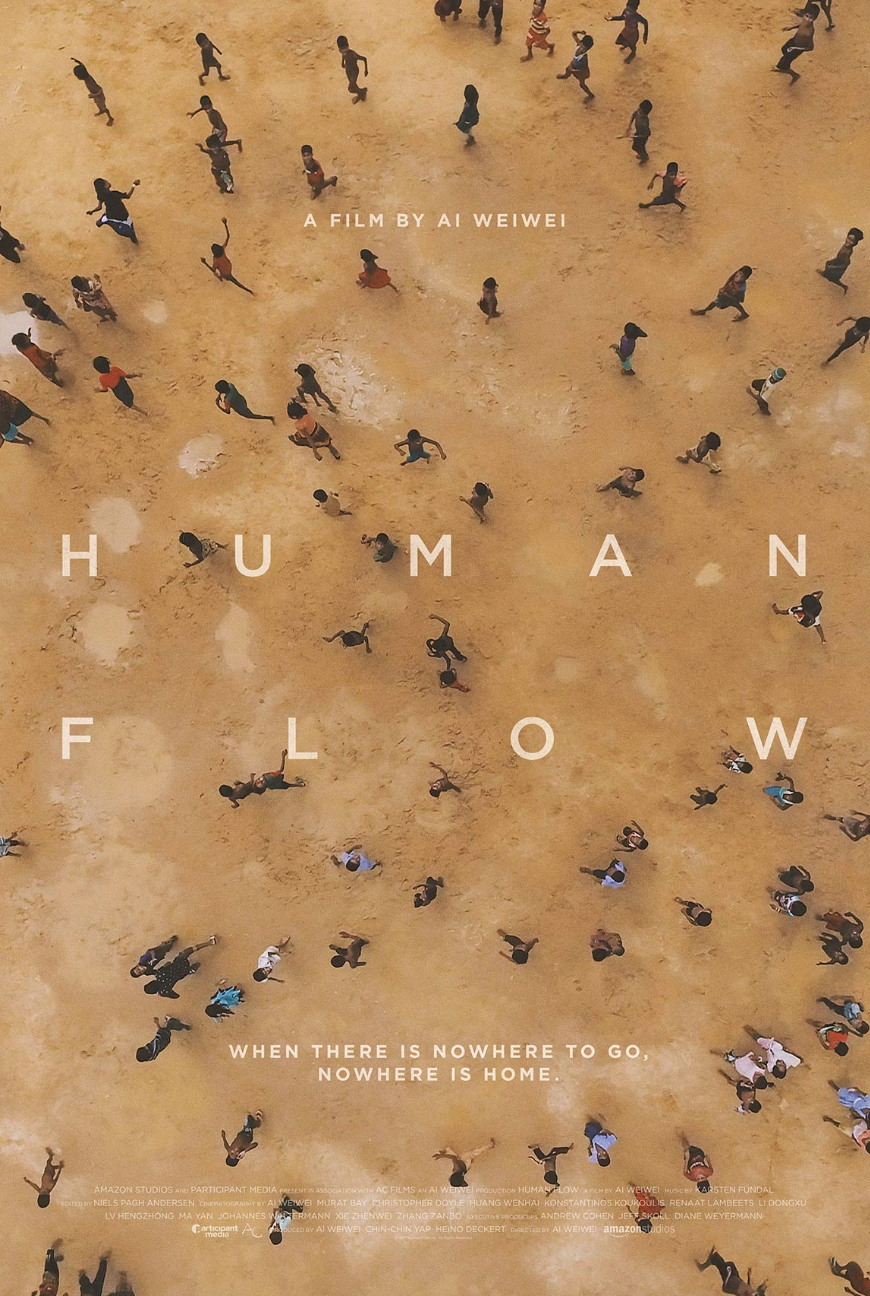


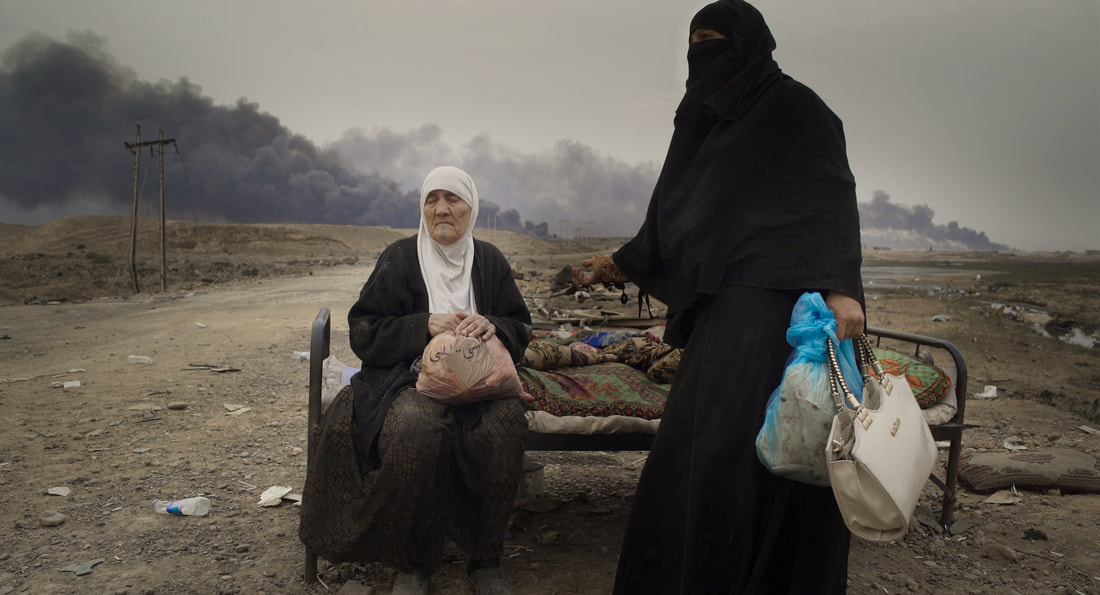

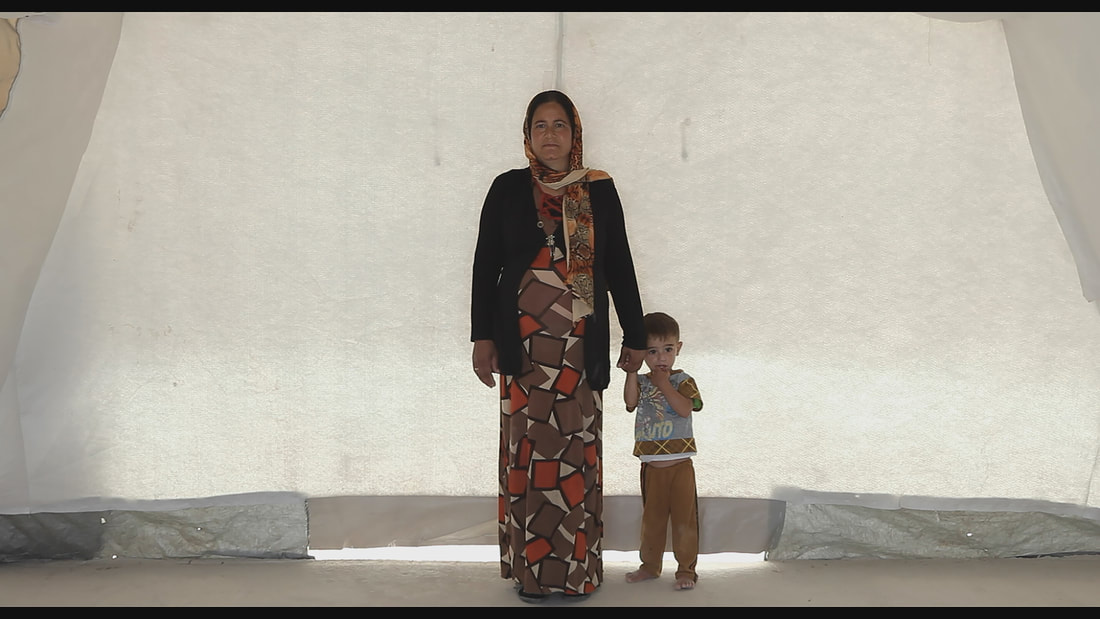
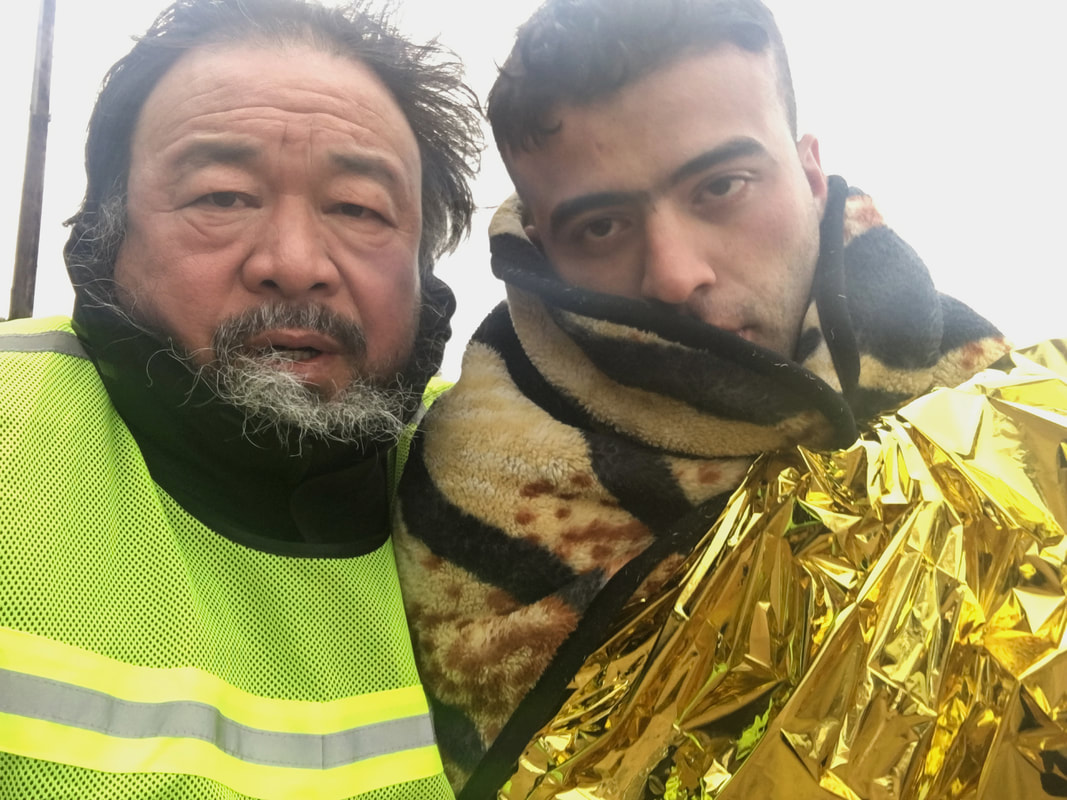
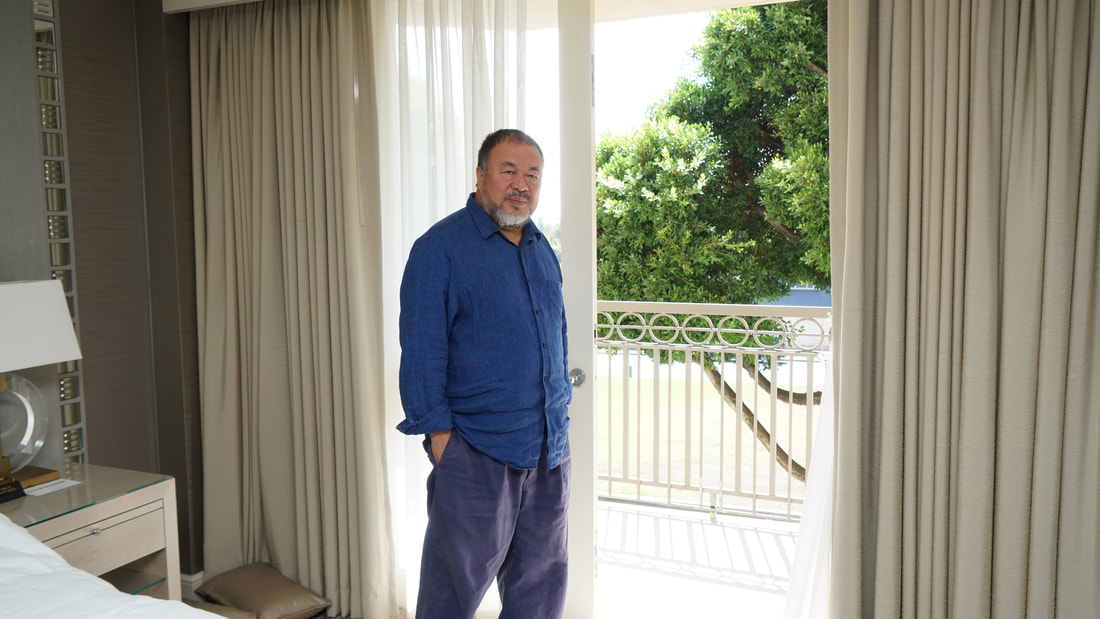
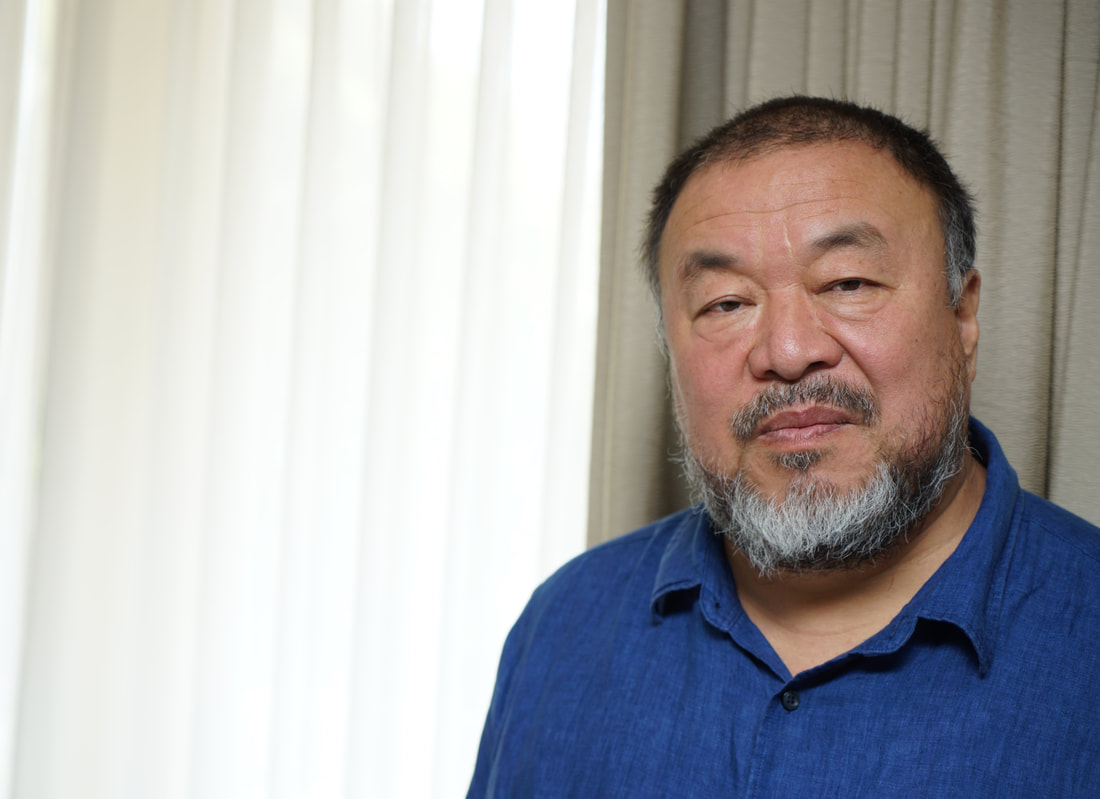
 RSS Feed
RSS Feed